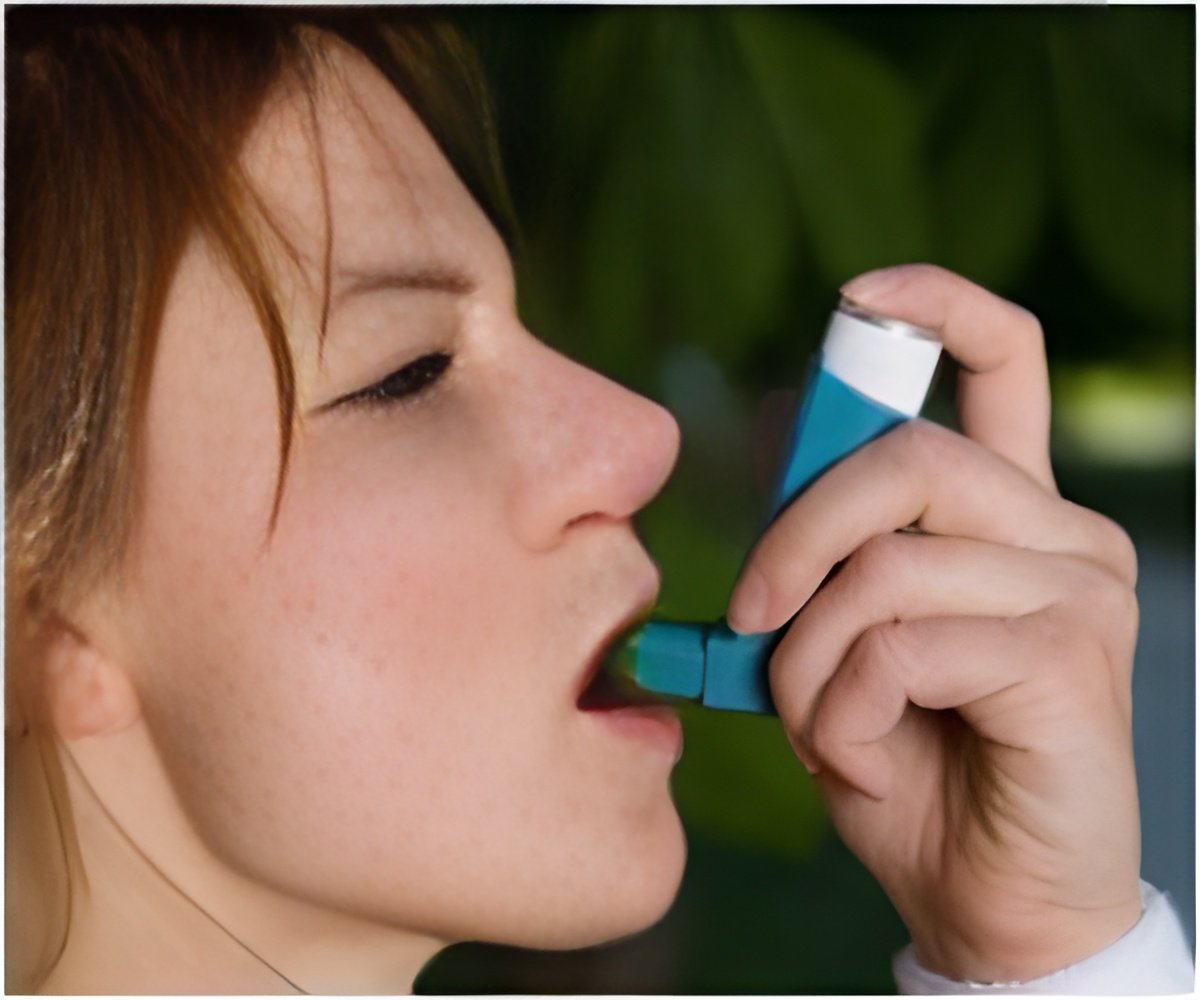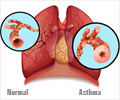Young people may find their allergies and asthma neglected due to other seemingly more important demands on their attention.

‘Practical tips on how to manage allergies and asthma, like reviewing your asthma action plan and make sure it's updated, are given by the scientific publication of the American College of Allergy, Asthma and Immunology (ACAAI).’





"For most teens, going away to college marks their first time living independently," says allergist David Stukus, MD, member of the ACAAI Public Relations Committee and author of the article. "In addition to moving to a new place, many must learn to manage their own schedule, diet, exercise and health. Young people may find their allergies and asthma neglected due to other, seemingly more important demands
on their attention." According to Dr. Stukus, late spring is a good time to see your current allergist about your move because some of the changes you’ll be making could take a while. Make an appointment and go over these seven things during your visit: 1.Review your asthma and/or anaphylaxis action plan and make sure it’s updated.
2.Ask your allergist for a referral to an allergist close to your school.
3.Request a copy of your most recent visits, including lab results and allergy test results. Have your medical records sent to your new allergist.
4.Compile a list of current medications.
5.Identify a new pharmacy and have new prescriptions sent there.
6.Confirm your vaccines are up-to-date, as well as appropriate for your new environment, including meningitis, HPV, etc.
7.Ask for help to identify hospitals and emergency facilities near your new location that accept your insurance.
More tips from Dr. Stukus:
- Contact the school regarding special accommodation policies, necessary paperwork to complete and the ability to prescreen roommates.
- Provide your school, resident assistant and roommates with a list of current allergens you need to avoid.
- Tour the food preparation facilities and meet with the chef to discuss safe food preparation.
- Consider getting medical identification jewelry to help others understand your allergic triggers.
- Look into new apps and technology that can help you manage allergies and asthma.
- Check the expiration date on your epinephrine auto injector (EAI) and rescue inhaler and keep them with you at all times. You should have more than one EAI available in case of a severe allergic reaction.
- Find out if your residence hall is near a major road as pollutants might affect your asthma.
- Ask if you’ll have direct access to replaceable filtration if your dorm room has forced air heat.
- Inquire if your dorm room has air conditioning. Open dorm windows expose you to more pollen.
Source-Eurekalert










